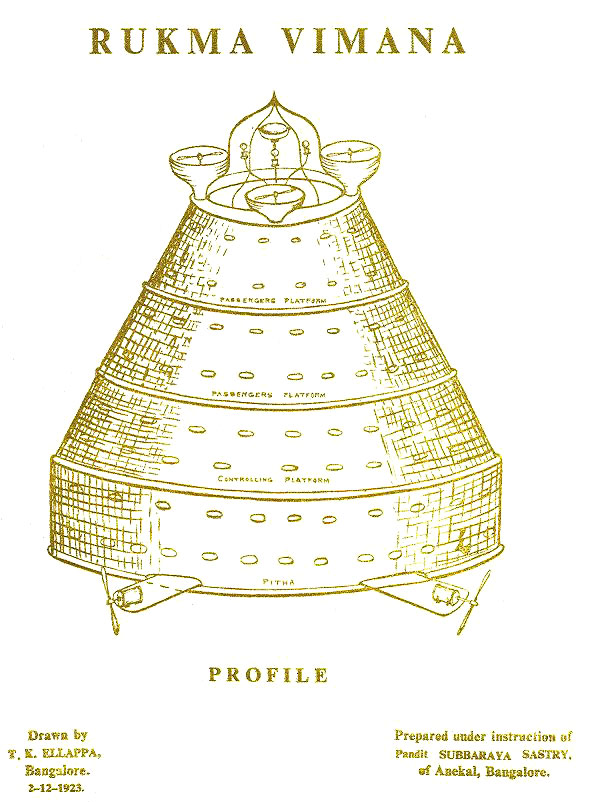Yesterday we saw PK. In fact, this is the first movie that the three of us (wife, daughter and me) saw in a theater together. It was a nice family time spent on the last day of school vacations this winter.
The movie is entertaining and thought provoking. To us, it did not at all look controversial. In fact, there must have been many movies prior to this that depicted certain aspects of different religions in a critical manner and in any case there was a disclaimer-cum-apology to begin with. Nevertheless, people opposing the movie by invoking religious sentiments only end up supporting the movies contention. However, the opposition is inevitable, as we are now in the age of 'wrong numbers'.
Independent of this concern, I was intrigued by the movie's relationship to an alien from space who looks very much human. For a moment if we consider this science fiction to be real then it opens up further questions. Does this alien have a relationship with humans because earlier alien from their planet came and settled down on Earth? Or, is it because eons ago some humans had access to a knowledge that helped them travel and settle down in another planet? Both these possibilities can give some credence to the discourse on Vimanika Shastra (see the book, an English translation by GR Josyer, and also see a critical evaluation of it by HS Mukunda et al).
The 102nd Indian Science Congress (3-7 January 2015) had a session on 'Ancient Sciences through Sanskrit' where a paper has been read on 'Ancient Indian Aviation Technology'. There has been a petition questioning its inclusion. As against this, if the organizers have space for discussion of science fiction and the paper has been selected through appropriate procedures then that should be allowed.
In short, the reasons for which PK's screening ought to be defended are also the same for which a science-fiction based presentation on Vimana Shastra in the Indian Science Congress should also be defended. In the spirit of public reasoning, dissenters also have their right to air their opinions against PK or argue against the views presented in the paper. PK is in agreement on this.
At another level, PK raises a paradox. On the one hand, PK's existence provides credence to Vimana Shastra; on the other hand, PK is also a critical evaluation of 'Godpersons' taking firki at the expense of commoners.
Between you and me. One could reason out to either agree or disagree with both the possibilities. One can also, in a state of PK perhaps, decide to agree with one and disagree with another. I leave it to one's firki sense on what to agree with.
